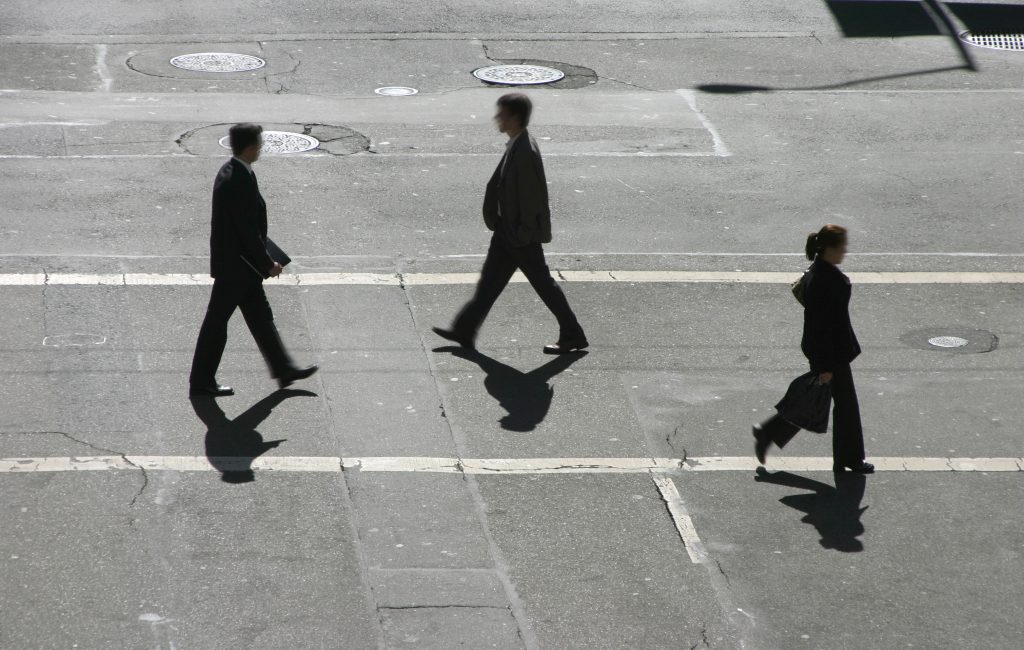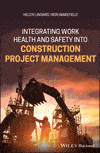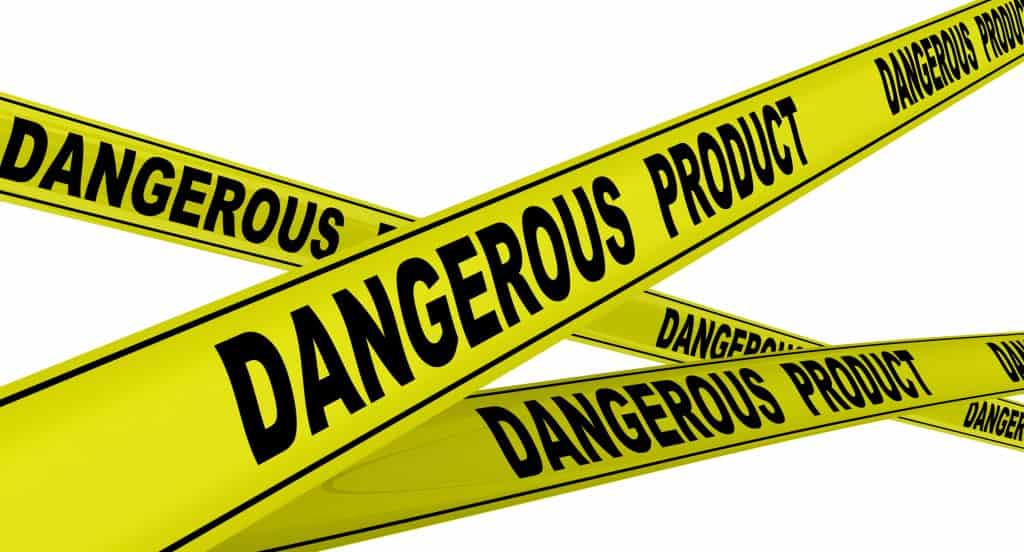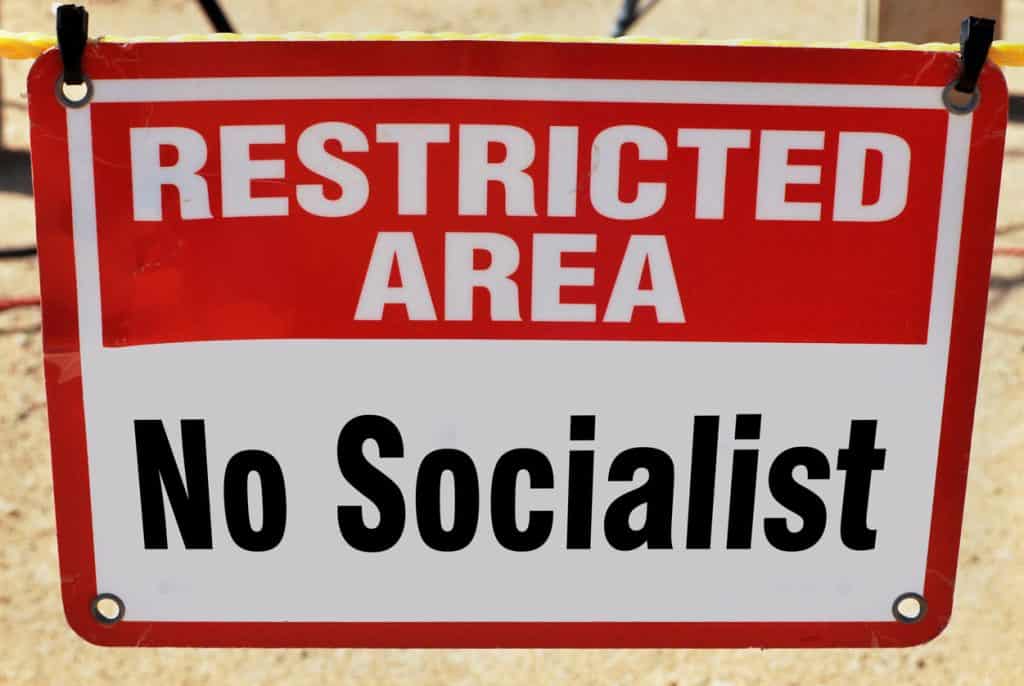New South Wales’ Opposition Minister for Industrial Relations, Adam Searle, spoke recently in support of the introduction of Industrial Manslaughter (IM) laws. In Parliament on May 5 2021, he said
“… legislation is required to enable the prosecution of industrial manslaughter and to fundamentally change the approach across industry in order to raise the standard and embed a culture of workplace safety of a much higher and more stringent nature. We need a culture that supports workplace safety in our State, not a culture, as I indicated before, that allows and encourages the cutting of corners and the fostering of unsafe workplaces…..
page 43, Hansard,
Legislation can achieve many things but not by itself, and that reality often makes such penalties like Industrial Manslaughter little more than symbolic.






